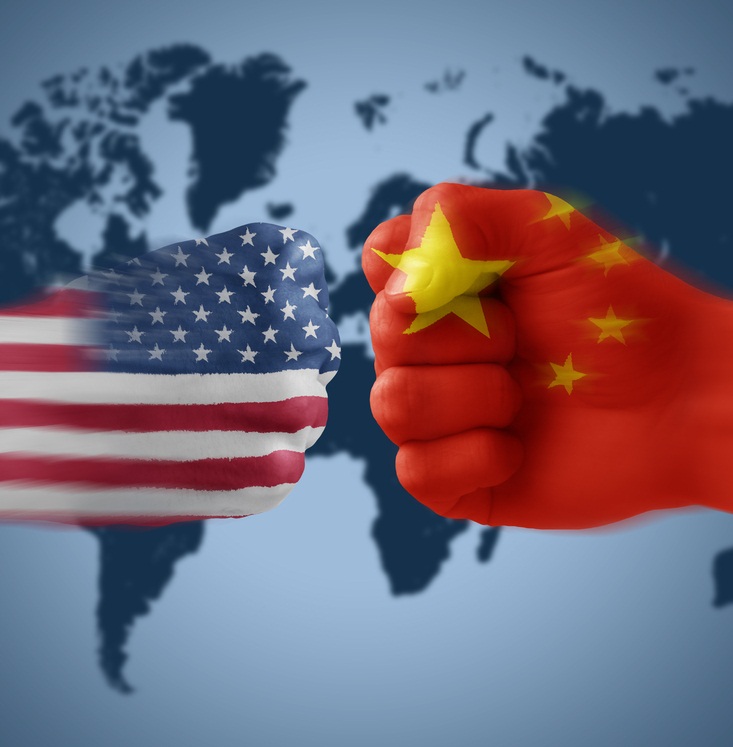

The US has implemented a blacklisting of 50 Chinese companies, in the first such effort by the Trump administration to curtail China in the artificial intelligence (AI) and advanced computing arena.
The US Department of Commerce’s Bureau of Industry and Security (BIS) announced that in total it has “added 80 entities to the Entity List from China, the United Arab Emirates (UAE), South Africa, Iran, Taiwan, and others for activities contrary to US national security and foreign policy.”
The BIS identified 50 organisations as stemming from China, while the remaining 30 are from the UAE, South Africa, Iran and Taiwan.
The US BIS said that additions to the Entity List include:
BIS is also modifying one existing entity, namely Dart Aviation, under four entries on the Entity List under the destinations of France, Iran, Senegal, and the United Kingdom.
“Under the strong leadership of President Donald Trump, the Commerce Department is taking decisive action to protect America,” said US Secretary of Commerce Howard Lutnick. “We will not allow adversaries to exploit American technology to bolster their own militaries and threaten American lives.”
“We are committed to using every tool at the Department’s disposal to ensure our most advanced technologies stay out of the hands of those who seek to harm Americans,” said Lutnick. “At the same time, we will continue to drive American innovation, ensuring that our nation’s economic strength remains unparalleled.”
“American technology should never be used against the American people,” added Under Secretary of Commerce for Industry and Security Jeffrey I. Kessler. “BIS is sending a clear, resounding message that the Trump administration will work tirelessly to safeguard our national security by preventing US technologies and goods from being misused for high performance computing, hypersonic missiles, military aircraft training, and UAVs that threaten our national security.”
The expanded export restrictions come at a time when tensions between Washington and Beijing have been increased, with the Trump administration ratcheting up tariffs against China (as well as a number of its close allies).
China’s foreign ministry was quoted by Reuters as saying Wednesday it “strongly condemns” the export restrictions while urging the US to “stop generalising national security”.
But it should be remembered that the previous Biden administration also imposed many sweeping export controls against Beijing, including everything from semiconductors to supercomputers.
But China is seemingly having some success despite the US restrictions. DeepSeek’s arrival in January 2025 for example had shocked the world, when it rose to the top of app store download charts in the US and other countries.
What had stunned the world was that DeepSeek’s chatbot matched the performance level of US rivals, but was developed for a fraction of the cost, sending world markets into a $1 trillion (£810bn) rout.
DeepSeek is based in Hangzhou, in eastern China, which is also the headquarters of tech giant Alibaba.
American space agency prepares for testing of Boeing's Starliner, to ensure it has two space…
As UK and Europe develop closer military ties, European Commission says it will invest €1.3…
Zuckerberg seeks to revive Facebook's original spirit, as Meta launches Facebook Friends tab, so users…
Notable development for Meta, after appeal against 2021 WhatsApp privacy fine is backed by advisor…
First sign of shake-up under new CEO Lip-Bu Tan? Three Intel board members confirm they…
Trump's nominee for SEC Chairman, Paul Atkins, has pledged a “rational, coherent, and principled approach”…